Market Analysis
In-depth Analysis of Blockchain Service Market Industry Landscape
The market dynamics of Blockchain-as-a-Service (BaaS) have witnessed significant evolution in recent years, reflecting the growing adoption and integration of blockchain technology across various industries. BaaS, a cloud-based service that allows businesses to develop, host, and deploy blockchain applications without the complexities of building and maintaining their own blockchain infrastructure, has gained traction as organizations seek efficient and cost-effective solutions to harness the benefits of distributed ledger technology.
One key driver of the BaaS market is the increasing recognition of blockchain's potential to enhance transparency, security, and efficiency in business processes. As enterprises strive to streamline operations and secure their digital transactions, BaaS emerges as a viable option, providing a ready-made platform that reduces the barriers to entry for businesses looking to leverage blockchain. This has led to a surge in demand for BaaS solutions, fostering market growth.
Moreover, the market dynamics of BaaS are shaped by the collaborative efforts between technology providers and enterprises. Major cloud service providers, such as Amazon Web Services (AWS), Microsoft Azure, and IBM Cloud, have played a pivotal role in driving BaaS adoption by offering comprehensive blockchain services. Their involvement has simplified the integration of blockchain into existing infrastructures, enabling businesses to experiment with and implement blockchain solutions more easily.
Interoperability and standardization are additional factors influencing the BaaS market. As blockchain becomes increasingly prevalent, the need for interoperability between different blockchain platforms becomes apparent. BaaS providers are addressing this challenge by offering solutions that support multiple blockchain protocols, ensuring compatibility and flexibility for businesses seeking to implement blockchain across diverse ecosystems.
Security concerns have also become a significant driver in the market dynamics of BaaS. With cyber threats on the rise, businesses are turning to blockchain for its inherent security features, such as immutability and cryptographic consensus mechanisms. BaaS providers are capitalizing on this demand, offering secure and scalable solutions that appeal to enterprises looking to fortify their digital assets and data.
On the flip side, challenges exist in the form of regulatory uncertainties and the need for increased awareness. As blockchain technology matures, governments and regulatory bodies are grappling with the need to establish frameworks that balance innovation with security. Clearer regulations can provide a more conducive environment for BaaS market growth, as businesses gain confidence in navigating the legal landscape associated with blockchain applications.
In conclusion, the market dynamics of Blockchain-as-a-Service reflect a dynamic and evolving landscape driven by a confluence of factors. The increasing recognition of blockchain's potential, collaborative efforts between technology providers and enterprises, interoperability considerations, security concerns, and regulatory developments collectively shape the trajectory of the BaaS market. As businesses continue to explore and implement blockchain solutions, the BaaS market is poised for sustained growth, offering a promising avenue for organizations seeking to harness the benefits of distributed ledger technology without the complexities of building and maintaining their own blockchain infrastructure.

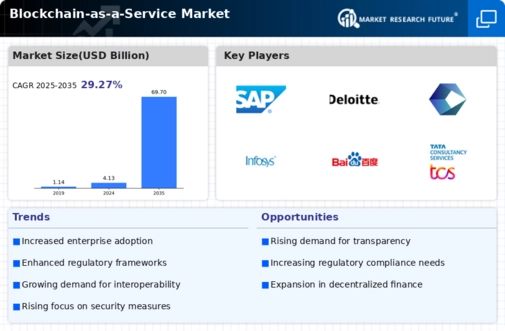
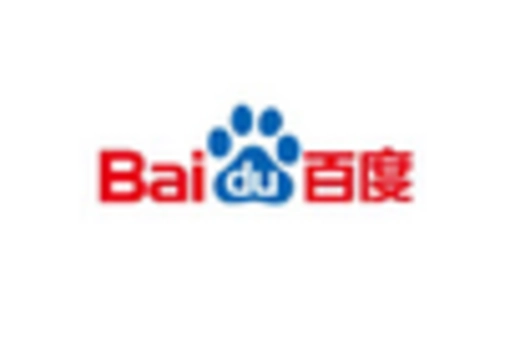
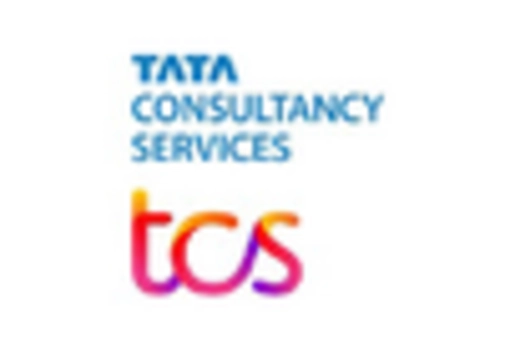
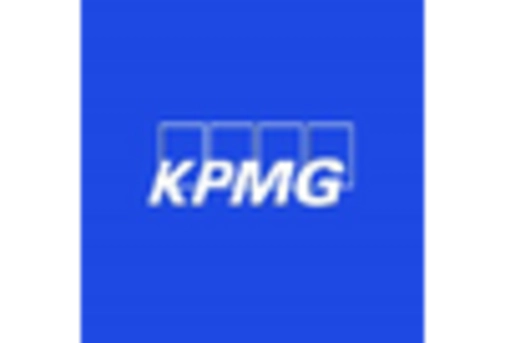
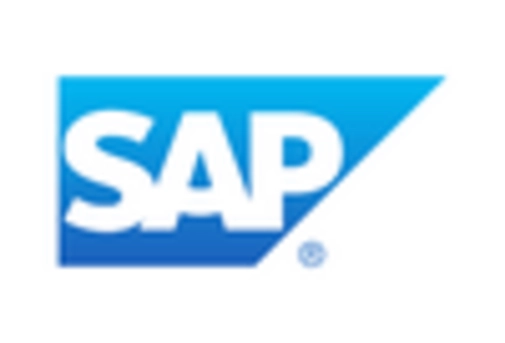


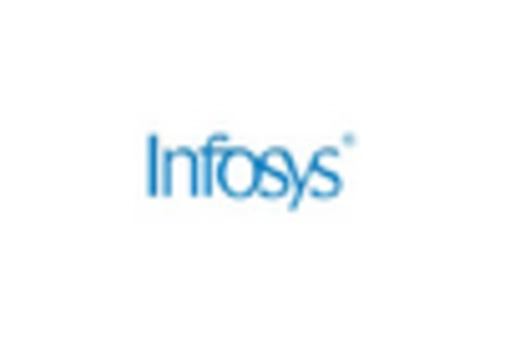

Leave a Comment